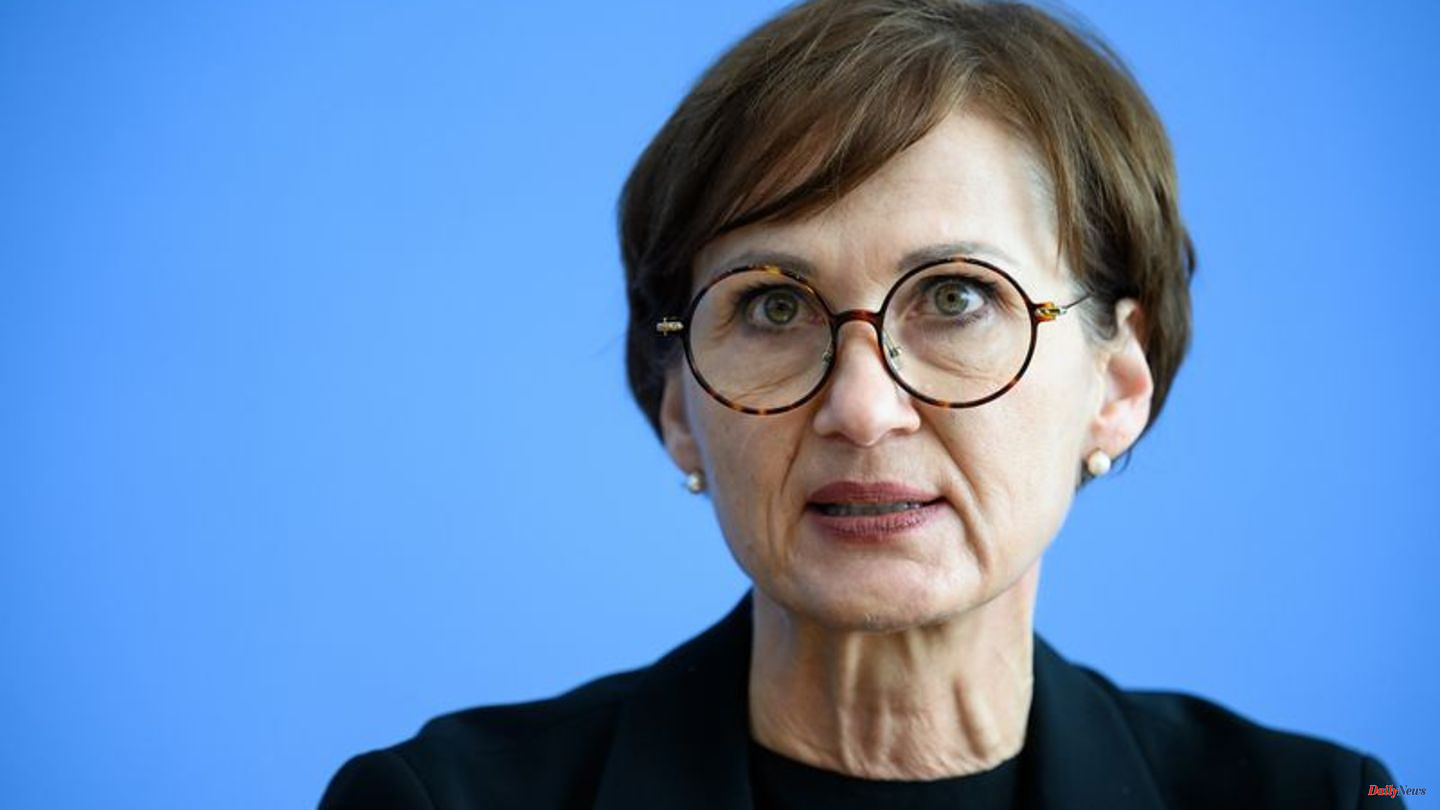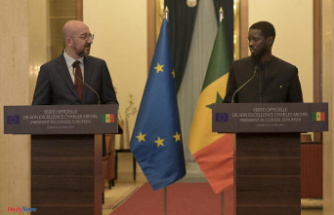After the completion of the Wendelstein 7-X fusion research reactor in Greifswald, Federal Research Minister Bettina Stark-Watzinger (FDP) will open the next phase of the experiments next Tuesday.
Nuclear fusion in the reactor is intended to replicate the processes in the sun, but the technology is still in the research stage. In perspective, nuclear fusion should make a contribution to climate-neutral energy production.
In the "Ostsee-Zeitung" Thomas Klinger from the Max Planck Institute for Plasma Physics in Greifswald formulated the goal of the experiments planned from autumn. "We want to generate plasma pulses of up to 30 minutes in length at 50 million degrees in the facility," he said. "With this we would show that the fusion type "stellarator" is suitable for continuous operation." Plasma pulses of this length and these temperatures have never been generated anywhere else in the world. The maximum values would be around 100 seconds.
However, Wendelstein 7-X does not yet generate fusion energy. The system is too small for that, said Klinger in the interview. A significantly larger machine is required to generate energy from nuclear fusion. In his own words, Klinger expects a fusion power plant to actually supply cities, households and businesses with electricity and heat in the second half of this century. "Maybe as early as 2060."












